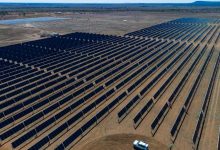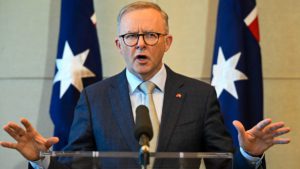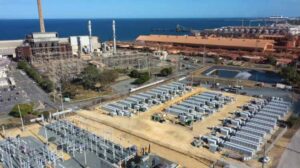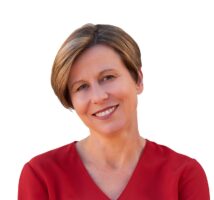Figures published by analysts Mercom Capital Group show that India’s Adani Group – the owners of the highly controversial coal project in Queensland’s Galilee Basin – is now the world’s leading solar power generation asset owner in terms of operating and off-taker contracted solar projects.
Adani’s renewable energy portfolio measures in at 12.32GW – exceeding the total installed capacity of US solar in 2019 and displacing over 1.4 billion tonnes of CO2 over the lifetime of its current assets, according to Mercom.
Gautam Adani, chairman of the Adani Group, seized on the data to say it reflected his company’s commitment to a “clean-powered” future, notwithstanding its insistence on developing the Adani mine in Queensland.
“While we are pleased to be ranked the largest solar player in the world, we recognize that there is a lot more that remains for us to do as the world transitions into an increasingly decarbonized energy landscape,” he said in a statement.
“We anticipate that over the next decade several existing business models will be impacted as a result of the disruption caused by the intersection of plummeting cost of renewable energy and the ability of technology to rescale industries.”
Adani Green Energy, the Adani Group’s subsidiary renewable energy developer, built its first solar project in 2015 and, since then, has built a combined wind and solar portfolio of 14.62GW. This includes the Rugby Run solar farm in Queensland, and another as yet undeveloped project near Whyalla in South Australia.
Its portfolio includes the largest solar offtake contract in the world, a total of 8GW through the Solar Corporation of India which will see Adani Green Energy develop 2GW of solar by 2022, and the remaining 6GW in 2GW increments each year through 2025.
Adani Green Energy is also building the world’s largest solar-wind hybrid park, according to the company’s press release, a 1.69GW project which the company claims makes “it the definitive leader in mega-scale renewable energy project deployments.”
“We expect our renewable energy platform will create new possibilities for our core business and we will be able to address some of the most intractable problems that humankind has faced, including affordable decentralized energy, availability of distributed clean water, green hydrogen as an alternate fuel, and micro agriculture, among others,” Gautam Adani added.
“Building partnerships with major industrials, data center providers, and global integrated energy players that seek to reduce their carbon footprints will also continue to further accelerate our growth. AGEL was launched just five years ago, our story is only beginning.”
Legal battles continue over the coal mine, and the Australian Greens in February announced proposed legislation that would prohibit new mines being established in the Galilee Basin.
“The Galilee Basin is a carbon bomb and in reality the science demands we don’t open up a single new coal mine,” said Queensland Senator Larissa Waters during the debate of the Greens bill.
“We need to keep that Galilee coal in the ground and today I have a bill that will do just that. If the Galilee Basin were to be mined and it was a country, it would be the seventh-largest greenhouse gas emitter in the world.”
Undeterred, in response to Mercom’s figures, Adani Mining CEO David Boshoff claimed (PDF) that his company “have always said that both coal and renewables are needed to provide a reliable and affordable energy mix in order to meet current and future global energy demand.
“As renewable technology improves there is no doubt that it will supply more energy, however this will take significant time as thermal power stations won’t be retired until they reach the end of their lives which is decades away,” Boshoff added. “That is why we are committed to both coal and renewables.”
Earlier this week, Swedish utility Vattenfall is moving towards shuttering its youngest and most efficient coal-fired power plant in Germany for the simple reason that it is unprofitable.
The 1.6GW Moorburg coal-fired power plant in Hamburg, Germany, only began operations in 2015 but was nevertheless part of Germany’s first tender for a shut-down premium for hard coal-fired power stations, which is part of Germany’s coal exit plan.










